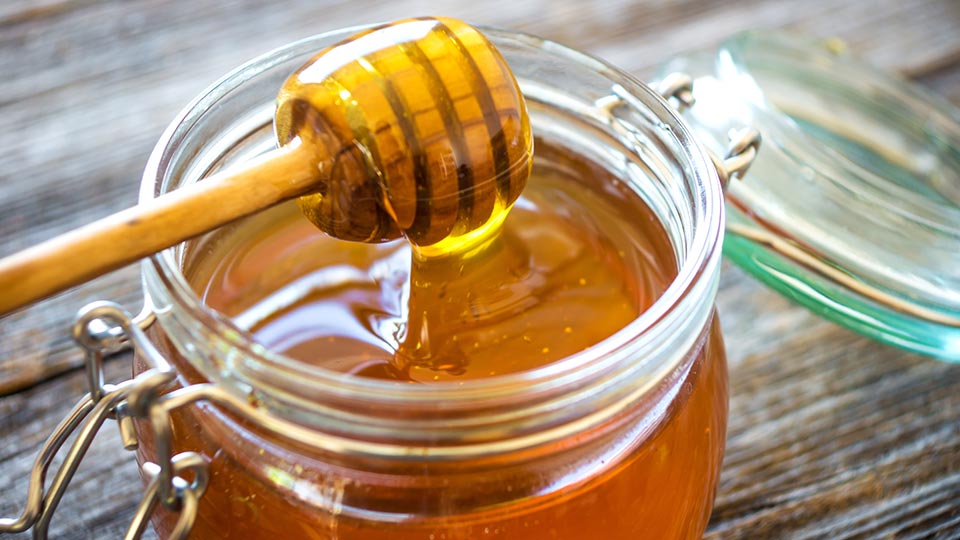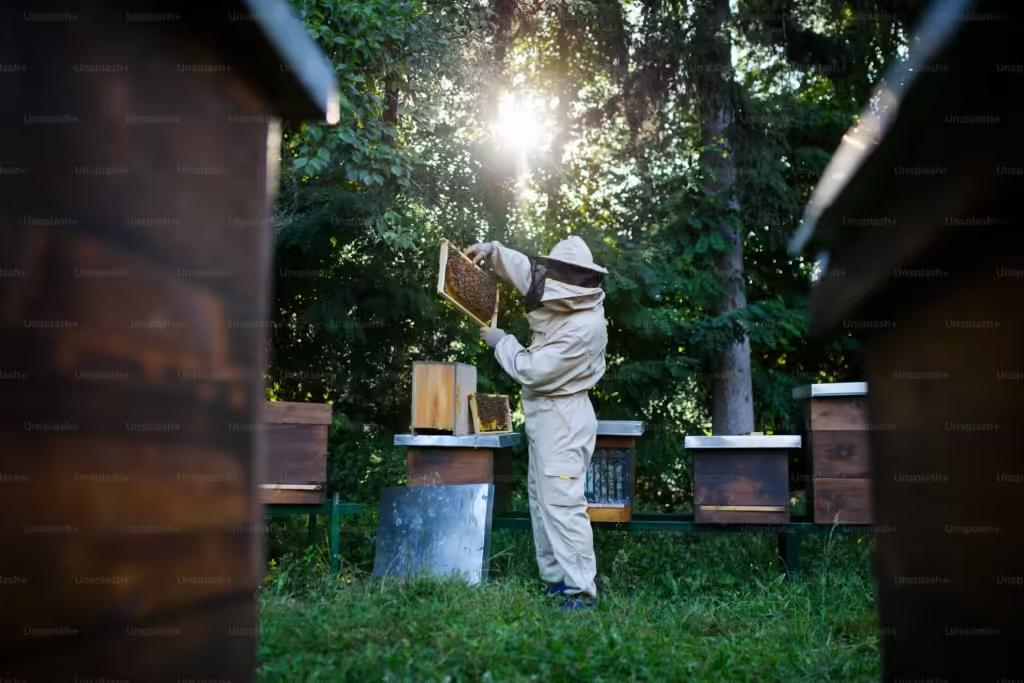Introduction
The issue of honey authenticity has reached a critical point, as recent tests reveal that nine out of ten honey samples from major UK retailers failed authenticity checks. This has brought consumer trust into question and highlighted the urgent need for industry reform to protect both buyers and genuine producers.

The Honey Authenticity Network UK conducted an analysis that revealed alarming results: 24 out of 25 honey samples from leading UK retailers were deemed suspicious for containing cheaper sugar syrups, while all samples from local UK beekeepers were confirmed to be genuine. This stark contrast has fueled the debate around honey authenticity and the effectiveness of current supply chain safeguards.
The tests were performed by the Celvia Research Institute in Estonia, which employs a pioneering method to analyze honey DNA. The process involves comparing the DNA composition of samples to a database of over 500 genuine honey types and using machine learning to detect discrepancies. Despite criticisms over database comprehensiveness, Celvia’s director, Kaarel Krjutškov, defended the process, noting how easily counterfeit products can be identified.
While the findings shed light on honey authenticity issues, the British Honey Importers and Packers Association (BHIPA) has raised concerns over the reliability of these tests. They argue that independent validation and a balanced evidence approach are essential to avoid misleading conclusions. The BHIPA maintains that the majority of honey in the UK market is of high quality.
The UK’s reliance on imported honey, particularly from China, has long been controversial. Imported honey priced as low as 80p per kilogram often triggers suspicion. The European Professional Beekeepers Association (EPBA) has expressed concerns that honey produced at such low prices is unlikely to be genuine. EPBA president Bernhard Heuvel emphasized the need to address honey authenticity violations as serious crimes.
An EU study indicated that 46% of imported honey samples were suspected of fraud, including all UK-tested samples. This has led to tighter regulations and enhanced testing across the EU. The UK’s Food Standards Agency (FSA) has acknowledged challenges with current testing protocols and is collaborating with industry experts to develop more reliable methods to maintain honey authenticity.

UK beekeepers and industry experts advocate for clearer labeling of honey jars to include the country of origin. Paul Horton of Apidae Honey stresses that supermarkets should prioritize British honey, as consumers may otherwise lose trust in mass-market products. Enhanced transparency can help communicate the superior quality of British honey and restore trust in honey authenticity.
The widespread presence of adulterated honey in supermarkets misleads consumers and undermines the market for genuine producers. Lynne Ingram of the Honey Authenticity Network UK notes that consumers are often unaware they are purchasing products that do not meet honey authenticity standards, damaging the credibility of the entire industry.
The failure of nine out of ten honey samples from UK retailers in honey authenticity tests is a significant concern. Collaborative efforts from the government, regulatory bodies, and industry stakeholders are necessary to tackle this issue. By strengthening testing protocols, implementing better regulations, and promoting transparency, the UK can ensure that consumers receive genuine, high-quality honey.